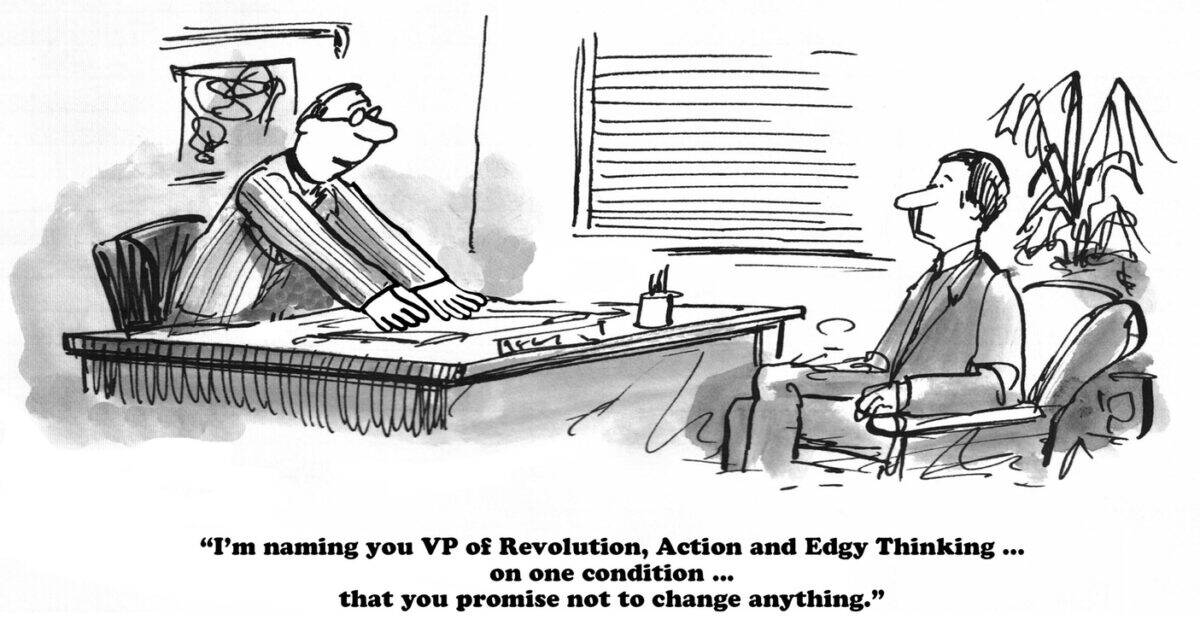The Construction Industry Culture Taskforce (CICT) has released a significant report about the pilot projects for its Culture Standard for the Construction Industry. It claims some significant changes in productivity, diversity and occupational health and safety (OHS).
According to a media release by the Australian Constructors Association (ACA) accompanying the report:







